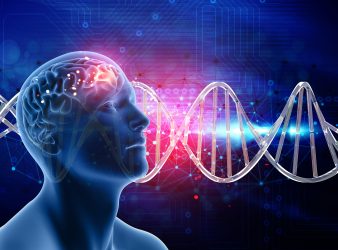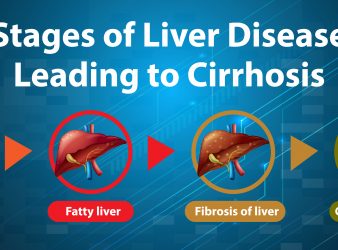
Category: Research
New findings in medicine
Similar to COVID, public health organizations around the world have had difficulty predicting which populations.
Researchers from the UK and the Netherlands have linked hypertensive disorder in pregnancy (HDPs) to.
The human T-cell lymphotropic virus type 1 (HTLV-1) is a retrovirus that is known to.
An “incredibly promising” treatment to reduce excess drinking has been discovered by researchers from the.
Medical researchers from the Max Planck Institute for Psycholinguistics have discovered structural variations in the.
Further proof that infections in pregnant women increase the chance that their unborn children may.
A bio-engineer from the University of Texas at Arlington and his doctorate student have figured.
While discussing their mental health with psychologists or doctors, patients are frequently asked to assess.
It has been recently uncovered why fatty liver causes severe liver damage. Hepatocytes “die” in.
Since surgical excision of tumor tissue is now the only option for the majority of.









